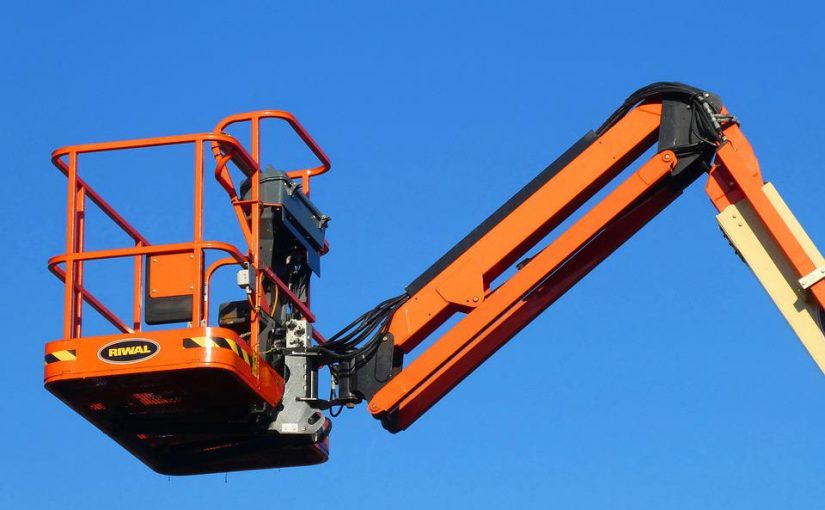When it comes to lifting heavy objects, it’s important to understand and follow lifting equipment regulations and guidelines. These regulations are designed to keep workers safe and prevent injuries.
Before any lifting operations and lifting equipment regulations take place, it’s essential to inspect all lifting equipment. This includes cranes, hoists, slings, chains, and more. Make sure that all equipment is in good working condition and has been regularly maintained. Any damaged or malfunctioning equipment must be taken out of service immediately.
Using appropriate equipment for the load being lifted is crucial. Overloading equipment can result in equipment failure or serious injuries. Use load limits and size/type guidelines to determine what equipment is best suited for the job.
Proper training for workers is essential for safe lifting operations. Workers must know how to properly operate lifting equipment and how to attach and detach loads. They must also be aware of potential hazards and how to avoid them. Regular training and refresher courses should be provided to ensure workers are always up to date with regulations and safety procedures.
In addition to equipment and training, there are several other important factors to consider when it comes to lifting operations. Environmental factors such as weather or the presence of obstacles can impact safe lifting. It’s important to assess the site and surrounding area before lifting operations take place.
Communication is also crucial during lifting operations. Workers must be able to communicate with each other clearly and effectively, using hand signals or radios if necessary. This can help prevent accidents and ensure all workers are aware of potential hazards.
If working with crane operations, selecting a crane is critical. Many factors can affect a crane’s performance, including the job site’s conditions, the load needed to lift, and crane site constraints. Cranes must be used with caution, or dangerous situations can quickly occur. Guidelines must be followed for safe crane use, including proper setup and operation.
Lifting operations should always be planned and organized. Take into account all aspects of the job, including the weight of the load, the equipment needed, and the site conditions. Workers must understand the plan and follow it precisely.
Failing to follow lifting equipment regulations can have grave consequences. It is important to understand that putting safety first is not only critical for the health of employees, it can also help companies save money in fines and legal fees, as well as maintain a positive reputation.
To summarize, lifting operations and lifting equipment regulations are vital to ensuring safe working conditions. Before lifting begins, make sure all equipment is in good working condition, properly trained workers are available for the job, and all aspects of the job are planned and organized. Environmental factors, communication, and selecting the proper crane also play roles in safe lifting operations. Lifting can be dangerous work, but when precautions are taken, it can be performed injury-free.



